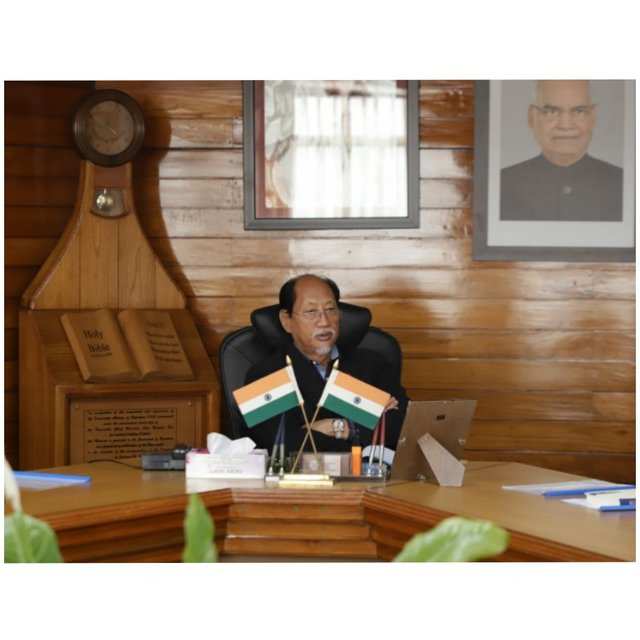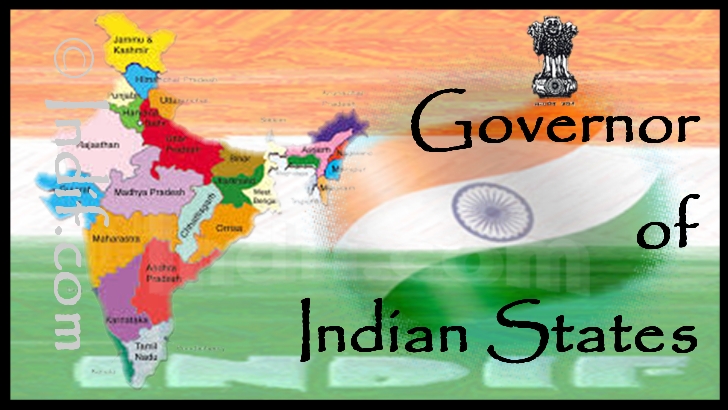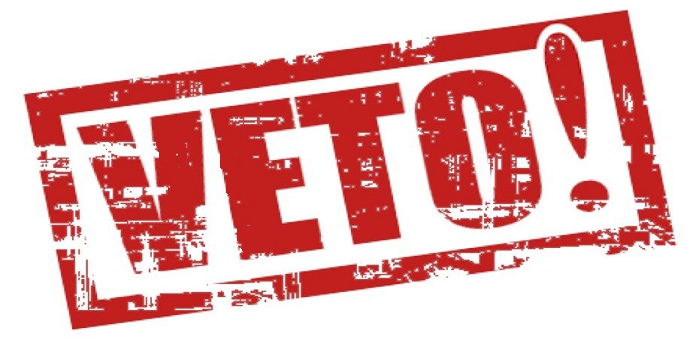Appointment of Chief Minister – Know Term, Powers & Functions in Relation to Council of Ministers. About Chief Minister:
About Chief Minister:
The Chief Minister of a State is said to be known as the real executive head. He’s also responsible for the role of head of the government. There are no specific procedures described by the constitution for the selection of a chief minister.
- The role of the Chief Minister is the same as that of the Prime Minister but the only difference is that the chief minister operates at the state level whereas the Prime Minister operates at the National level.
- The leader of the majority party in the state legislature is usually appointed as the Chief Minister by the Governor of the particular state.
Eligibility Criteria of CM:
- Chief Minister is the elected head of the state government.
- A person has to meet a certain set of qualifications to be eligible for the position of Chief Minister:
- To be a citizen of India is the fundamental criterion.
- Should be at least 25 years of age or.
- Should be a member of the state legislature.
Appointment of Chief Minister:
- The Governor shall be responsible for the appointment of the Chief Minister as the leader from the majority party in the state legislative assembly under Article 164.
- The Governor may use his personal discretion in appointing a chief minister from the coalition government provided that the person seeks a vote of confidence within one month.
- A person who is not a member of the state legislative assembly can also become Chief Minister provided that he gets selected for any of the state legislatures within six months.
- The Chief Minister can be a member of either of the two houses of the legislature of the state.
- The Chief Minister enjoys that office till the pleasure of the Governor and the term of office is not fixed.
- The Chief Minister can be removed when and if he loses the support of the majority from the state legislature.
- The salary of the chief minister is determined by the state legislature.
- The Governor is responsible for administering the oath of office to the chief minister.
Term of the Chief Minister:
- The Chief Minister’s tenure is not predetermined, and he serves at the discretion of the governor.
- The Governor cannot remove him till he or she has the confidence of the legislature’s majority.
- He or she can also be dismissed from office if the State Legislative Assembly passes a motion of no confidence in the Chief Minister.
Read in detail the difference between the Cabinet and the Council of Ministers here.
State Council of Ministers:
- A Council of Ministers chaired by the Chief Minister shall assist and advise the Governor in the fulfillment of his responsibilities, unless he is required by or under this Constitution to exercise all or any of his duties at his discretion.
- The state executive is made up of the Governor and the Council of Ministers, which is led by the Chief Minister.
- The Governor of a State is selected by the President for a five-year term and serves at the discretion of the President.
- Only Indian nationals above the age of 35 are eligible for appointment to this position.
How is the Council of Ministers appointed?
- The Governor appoints the Chief Minister.
- The governor appoints the other ministries at the suggestion of the chief minister.
- The governor can only select ministers who have been proposed by the chief minister.
Power and Functions of Chief Minister:
Relation to the Council of Ministers:
- The Governor appoints the Council of ministers only on the recommendation of the chief minister.
- The Chief Minister can ask the Minister to resign or advise the Governor to dismiss him.
- The Chief Minister also has the authority to order the reallocation or shuffling of the ministers’ portfolios.
- He can shuffle the portfolios of the existing ministers or he also has the authority to appoint new ministers under his cabinet.
- The council of ministers automatically dissolves if the chief minister dies or resigns. This is because the Chief Minister chairs the State council of ministers.
Relation to Governor:
- The chief minister is the principal channel of communication between the Governor and the Council of Ministers.
- This power is given to the Chief Minister under Article 167 of the Indian Constitution.
- The Chief Minister advises the government on the appointment of different officials at the state level including the Chairman and members of the State Public Service Commission, State Election Commission, Advocate General of the State, etc.
Relation to State Legislature:
- All the major policy decisions taken by the Cabinet under his or her chairmanship is usually announced on the floor of the state legislature.
- The Chief Minister is also a member of the state legislature.
- The Chief Minister can recommend the dissolution of the state assembly to the Governor.
Other Powers and Functions:
- The Chief Minister acts as the chairman of the state planning board.
- He is also a member of inter state Council and National Development Council.
- He also represents the state in the Governing Council formed under the authority of the Niti Ayog.
- Herein, both the Inter-State Council and the Governing Council of the Niti Ayog are chaired by the Honourable Prime Minister of India.
- He is the chief spokesperson of the state government.
- He is the political head of services.
- He is also mostly responsible to manage any form of crisis or emergency that originates or has the probability of originating in the future in his or her state.
- The Chief Minister also takes recommendations from the various sections of the society residing in his state, while also noting the opinions of the civil society & other political and economic intellectuals before finalizing any policy.
- He or she also tries to adopt a bottom-up approach during policy formulation and implementation.
- On a rotatory basis, a Chief Minister of a particular state is also appointed as the vice-chairman of the respective zonal council for a limited period of time.
Also read: Fundamental Duties
Important Articles Related to Chief Minister:
- Article 163– The council of ministers will be headed by the Chief Minister to aid and advise the Governor.
- Article 164– The CM appointed by the Governor.
- The Council of Ministers shall be collectively responsible to the State Legislature.
- The Ministers shall hold the office till the pleasure of the Governor.
- Article 167– Deals with the duties of the Chief Minister with respect to providing information to the Governor.
Conclusion:
The Chief Minister is referred to be the government’s head since he or she has genuine executive authority. Along with the Governor and the Advocate-General of State, he is aided by his council of ministers, who are members of the state executive. The Chief Minister is the head of the government at the state level, similar to the Prime Minister, who is the leader of the government at the federal level.
THANKS FOR READING..........



.png)

